Services Offered by Termite Inspection Companies
Knowing what services termite inspection providers offer can help you make a smart decision that meets your short- and long-term requirements. Many providers offer yearly inspections plus preventive solutions for consistent coverage. Depending on your circumstances, this might be a better solution than only addressing your termite problem once.
Exterior Inspection
When conducting inspections for termites, trained professionals look for visible damage around your home’s exterior. They pay close attention to anything touching the ground, outdoor wood, and damp places where moisture could attract termites, such as the following- Cracks in expansion joints
- Deadwood
- Firewood stacks
- Pooling water around the foundation
- Standing water on the roof
- Wood mulch close to the foundation
- Wooden deck supports
- Wooden fences
Interior Inspection
Termite companies generally pair an outdoor inspection with a thorough indoor inspection. Indoors, they focus on damp spots, possible entry points, and places with wood or cellulose materials. They might inspect the following:- Attics
- Basements
- Crawl spaces
- Doorframes
- Exposed beams or studs
- Exterior walls
- Hardwood floors
- Under-sink cabinets
- Windowsills
- Wooden furniture
Treatment Recommendations
After confirming an infestation, an inspection service will create a custom treatment schedule to eliminate the termites safely and efficiently. Nonchemical treatments include heat treatments, physical barriers, and natural pest control methods such as beneficial nematodes. The Environmental Protection Agency (EPA) oversees common chemical treatments including liquid termiticides and baits. Liquid termiticides permeate the earth around your house to form a protective barrier. Baits contain cellulose laced with slow-acting insecticide. If these treatments aren't enough, you can schedule fumigation. Fumigation means vacating your home, enclosing it, and flooding it with a gas that’s lethal to termites. To eliminate your termite infestation, the inspector may advise a multipronged approach.Future Vulnerabilities
Complete termite inspections assess potential vulnerabilities in addition to current termite activity. The inspector will search for conditions that could attract termites to your home, such as wood-to-soil contact and plumbing leaks. An inspection may identify drainage issues or termite entry points that call for landscaping or structural improvements. Making these changes can help prevent future infestations.Continuous Monitoring
Termite solutions sometimes need consistent monitoring, replacement, or reapplication to remain effective. Many quality pest control providers offer ongoing plans with yearly or quarterly inspections for this reason. As part of this monitoring, technicians check for evidence of new or increased termite activity. The service also involves switching out baits and reapplying liquid termiticides as needed. This lessens the risk of extensive damage. These services commonly come with a warranty.Termite Warranties
Termite inspection providers often offer a reservice warranty with their services. The warranty pays for any extra work required to deal with the termites if they return within a certain period of time after service. Some pest control providers even include repair warranties. These pay for costs to fix new termite damage following treatment.Factors To Consider When Choosing a Termite Inspector
There are several key considerations for choosing a termite inspector.- Cost: Request price estimates from a minimum of three providers. Some may need to complete an inspection first before giving a quote.
- Experience: A company's history often shows its reliability and expertise. Companies with more industry experience can typically handle termite invasions more effectively.
- Guarantees: Choose providers that offer warranties or guarantees covering reservice or repairs. Make sure to get the agreements in print for your records.
- Licensing and insurance: Pesticide applicators in Missouri must be licensed by the Missouri Department of Agriculture. To obtain a license, an individual must complete a training program and submit proof of financial responsibility. You should also make sure your provider is properly insured. Any technician that applies restricted-use pesticides must be registered as an applicator by the EPA.
- Reputation and reviews: Satisfaction ratings from customers on the Better Business Bureau (BBB) and other online platforms, as well as word-of-mouth, all offer useful perspectives on service quality. Providers with good reviews tend to provide top-notch service overall.





